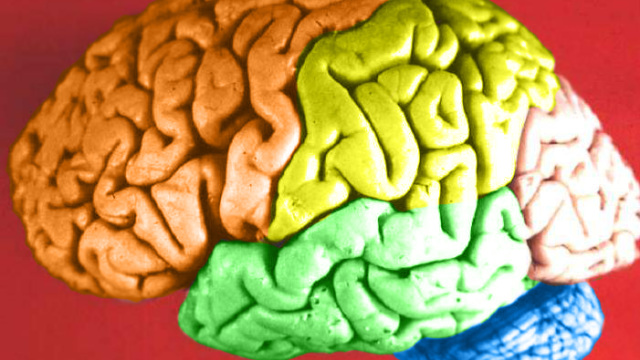The Neuroscience Behind Debt Negotiations

What’s the Latest Development?
Negotiations in Washington over raising the national debt ceiling have stalled over how to balance the federal budget. The Democratic congressional leadership want tax increases to ease the burden of cutting federal spending; the Republic leadership say raising taxes is not an option they are willing to consider. And so the August 2 deadline approaches when the U.S. will not legally be allowed to borrow any more money and will, in strict accounting terms, go into default. So why are ostensibly good people unable to reach agreement on such an important issue?
What’s the Big Idea?
Are both political parties acting purely in their stubborn self interest, looking to lay the blame on the other side if they don’t get their way? Perhaps, but the situation is probably more complex than that. Neurological research indicates that the rules of bargaining change when moral elements are introduced—bargaining becomes more personal, less amenable to compromise. And with both parties essentially putting forth their vision of social justice—one cooperative, the other competitive—agreement becomes seen as moral compromise, which is not something either side is likely eager for.



